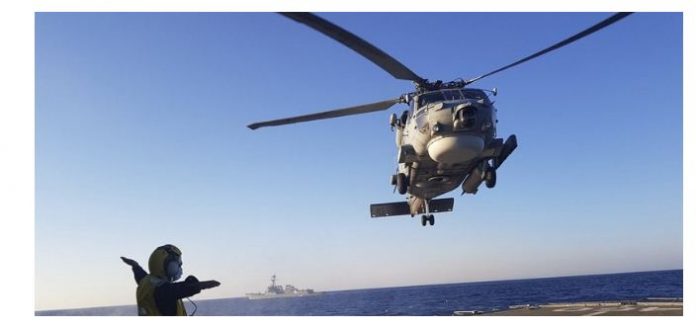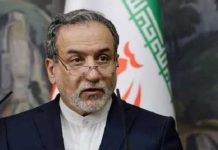ANKARA, MAR 15 – Turkey, which has the longest continental coastline in the Eastern Mediterranean, has rejected maritime boundary claims made by Greece and the Greek Cypriot administration.
It has stressed that these excessive claims violate the sovereign rights of both Turkey and the Turkish Republic of Northern Cyprus (TRNC). Instead of opting to solve problems with Turkey through dialogue, Greece has, on several occasions, refused to sit at the negotiation table and opted to rally the European Union to take a tougher stance against Ankara.
In November 2019, Turkey and Libya signed a maritime delimitation deal that provided a legal framework to prevent any fait accompli by regional states. Accordingly, the attempts by the Greek government to appropriate huge parts of Libya’s continental shelf, when a political crisis hit the North African country in 2011, were averted.
The agreement also confirmed that Turkey and Libya are maritime neighbors. The delimitation starts from Fethiye-Marmaris-Kaş on Turkey’s southwestern coast and extends to the Derna-Tobruk-Bordia coastline of Libya.
In response, Egypt and Greece signed an agreement in August 2020, designating an EEZ in the Eastern Mediterranean between the two countries.
Between 2002 and 2016, dozens of rounds of talks were held to try and lay the foundation for full negotiations over the delimitation of maritime zones. After a five-year hiatus, prolonged by a dispute over overlapping claims for energy resources in the Eastern Mediterranean last year, the two resumed the exploratory talks on Jan. 25.
The two countries had initiated the talks to discuss the issues in the Eastern Mediterranean on March 12, 2002, in an effort to find a fair, sustainable and inclusive solution.
Talks were regularly held up until 2016, but there have been none since then due to political speculation and the Greek side’s reluctance to sit down at the negotiating table.
Bilateral discussions continued in the form of political consultations but did not return to the exploratory framework.
NATO members Turkey and Greece also participated in deconfliction talks last year, initiated by NATO Secretary-General Jens Stoltenberg, which were designed to reduce the risk of incidents in the Eastern Mediterranean.
The talks facilitated the establishment of a hotline between Athens and Ankara, allowing for conflict resolution at sea and in the air.
But obstacles remain, including what each side is willing to discuss. Greece says it will only address the demarcation of maritime zones in the Aegean and the Eastern Mediterranean, while Turkey argues that they should tackle all of the issues between the two sides, including air space and the status of certain Greek islands.












